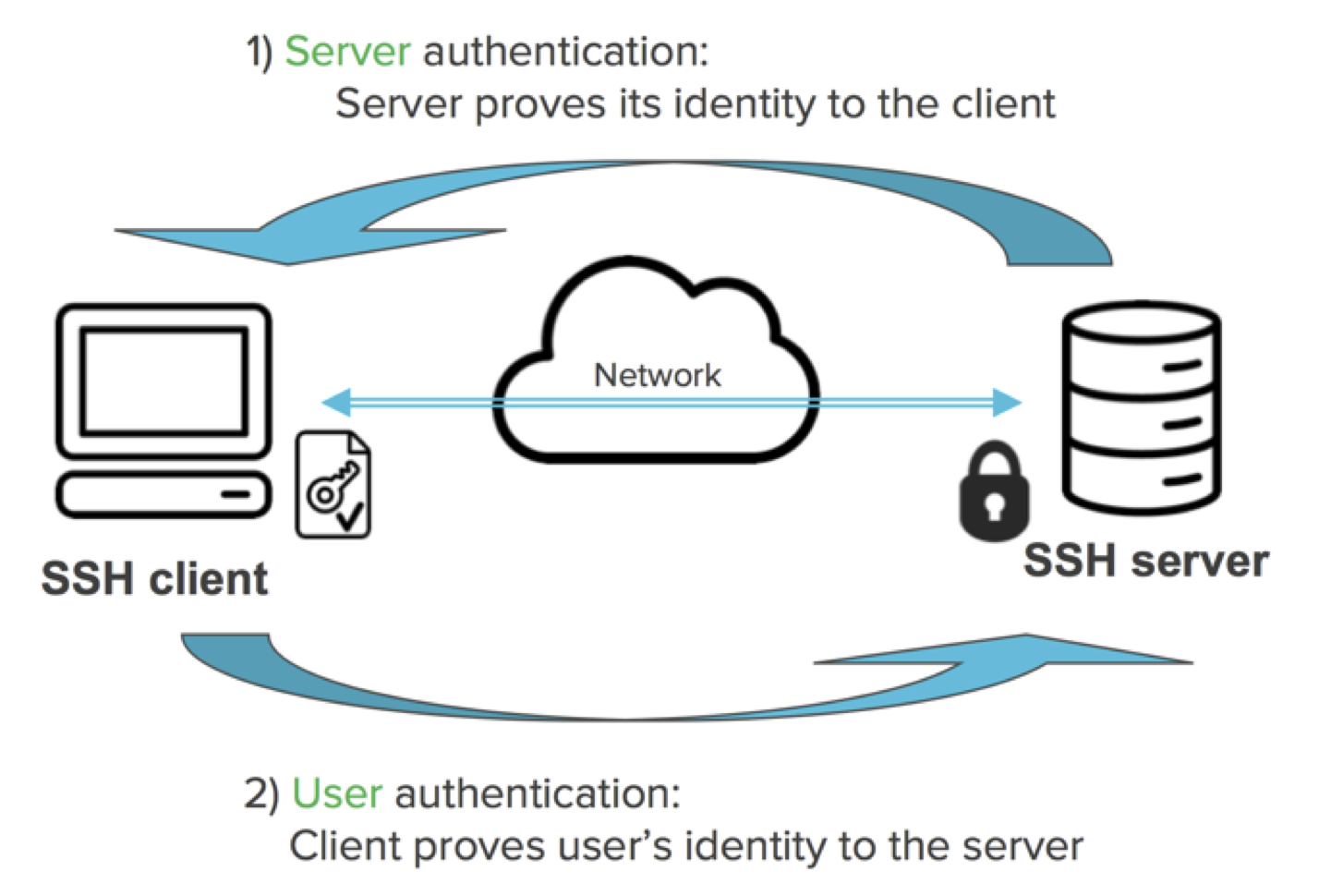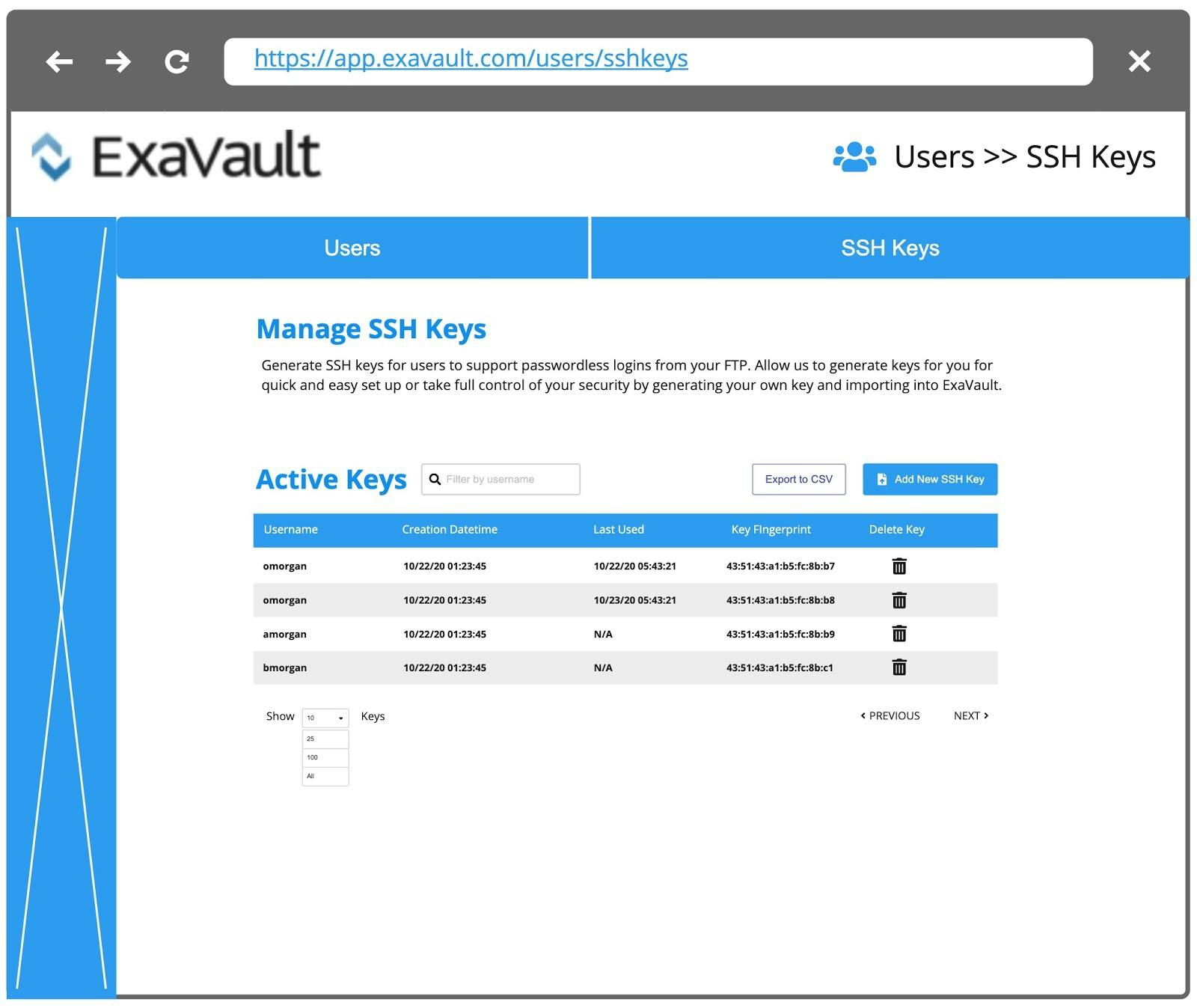RemoteIoT SSH Key Management: Secure Access Guide
In a world increasingly reliant on interconnected devices, is your network truly secure? The answer may surprise you, but the reality is, that robust remoteIoT SSH key management is no longer a luxuryit's a necessity.
Before delving into the specifics, it's crucial to recognize the gravity of the situation. In today's digital landscape, RemoteIoT SSH key management transcends mere technical jargon, evolving into a critical pillar of modern cybersecurity. Whether you're a seasoned tech aficionado, a network administrator navigating complex infrastructure, or even a small business proprietor, a firm grasp of SSH keys is indispensable to safeguard against potential breaches. Envision a scenario where control over your IoT devices is compromised due to a vulnerable SSH configuration. The repercussions could be devastating.
| Category | Details |
|---|---|
| Core Concept | RemoteIoT SSH Key Management involves the secure administration of cryptographic keys used to authenticate access to Internet of Things (IoT) devices over Secure Shell (SSH) protocol. |
| Purpose | To enable secure remote access, streamline device operations, and protect IoT networks from unauthorized access and cyber threats. |
| Key Components |
|
| Benefits |
|
| Challenges |
|
| Technologies and Tools |
|
| Best Practices |
|
| Future Trends |
|
| Reference Website | OWASP Top 10 (A great resource to learn about web application security) |
What is SSH and Why Does It Matter?
Let's establish the fundamental principles: what exactly does SSH represent? SSH, short for Secure Shell, is a robust cryptographic network protocol that furnishes a secure channel for communication across unsecured networks. In essence, SSH operates as a clandestine tunnel, safeguarding your data from unauthorized surveillance. However, SSH goes far beyond simply facilitating connections; it's fundamentally about accomplishing this securely, and this is where SSH keys become crucial.
- Unveiling Metan Fox Erome What You Need To Know
- Find The Best Phone Internet Bundles For 2024 Save Big
SSH keys function akin to digital passwords, but with significantly enhanced capabilities. Rather than repeatedly entering passwords to access a device, SSH keys enable automatic authentication. This streamlines the process while bolstering security. Why? Because SSH keys are extraordinarily resistant to cracking, unlike conventional passwords. When dealing with remoteIoT devices, security is non-negotiable.
So, why does this matter in the grand scheme of things? In the IoT era, where billions of devices are connected to the internet, secure access is paramount. Without proper SSH key management, you're essentially leaving the door open for cybercriminals. They won't hesitate to exploit vulnerabilities, potentially leading to severe consequences.
SSH Keys
How SSH Keys Work
SSH keys operate on the principle of public-key cryptography. Visualize a lock and key system. When you generate an SSH key pair, you receive two keys: a public key and a private key. The public key acts like a lock, shared freely, while the private key, is kept securely by the user.
Here's how it functions in practice: when attempting to connect to a remoteIoT device, the device scrutinizes your public key to confirm a match with the private key you are presenting. If a match is established, access is granted. This is a streamlined and secure process.
Types of SSH Keys
Not all SSH keys are created equal. Different types of SSH keys exist, each with distinct strengths and weaknesses. Here are the most prevalent:
- RSA Keys: The long-standing industry standard, still used extensively but beginning to show its age.
- ECDSA Keys: A newer option that performs better with smaller key sizes.
- Ed25519 Keys: The latest and most advanced option, offering exceptional security and speed.
Which key type should you use? It depends on your specific requirements, but for most modern applications, Ed25519 is the superior choice. It's like choosing the latest smartphone over a classic modelwhy settle for less?
RemoteIoT SSH Key Management
Now, let's shift our focus to remoteIoT SSH key management. This is where the theory translates into practical application. Managing SSH keys for a single device is one thing; scaling that operation to encompass hundreds or even thousands of IoT devices presents a completely different set of challenges.
RemoteIoT SSH key management encompasses every aspect, from key generation and distribution to continuous monitoring and timely revocation. Think of it like being the discerning gatekeeper at a high-end establishmentyour objective is to grant entry to authorized individuals while denying access to potential troublemakers.
One of the most significant obstacles in remoteIoT SSH key management is keeping track of all the keys. With a vast number of devices and users, it's easy to lose sight of who possesses access privileges. That's why a robust management strategy is crucial to prevent errors and enhance security.
Best Practices for SSH Key Management
1. Use Strong Keys
First and foremost, always use robust SSH keys. Weak keys are comparable to leaving your front door unlockedit's an open invitation for potential breaches. Opt for Ed25519 or at least 4096-bit RSA keys to ensure the highest possible level of security.
2. Limit Key Distribution
Avoid indiscriminately distributing your SSH keys. Only grant them to trusted users and devices. The fewer keys in circulation, the lower the risk of a successful cyberattack.
3. Regularly Rotate Keys
SSH keys aren't meant to be permanent. Regularly rotating your keys is akin to changing the locks on your property; it prevents intruders from gaining prolonged access. Establish a well-defined schedule to replace older keys with newer ones, minimizing potential vulnerabilities.
4. Monitor Key Usage
Closely monitor the usage of your SSH keys. If you detect any suspicious activity, such as unauthorized access attempts or unusual login patterns, promptly investigate. Utilize monitoring tools to stay informed without being overwhelmed by the details.
Top Tools for Managing SSH Keys
Managing SSH keys manually can be tedious, especially within extensive networks. Fortunately, several tools are available to streamline your workflow. Here are some of the best:
- OpenSSH: A classic option, integrated into most Unix-like systems.
- SSH Key Manager: A dedicated tool specifically designed for managing SSH keys across numerous devices.
- HashiCorp Vault: A powerful solution for securely storing and managing secrets, including SSH keys.
Each tool boasts its own strengths, so select the one that best meets your specific needs. Remember, having the right tools is like possessing a Swiss Army knifeit can make all the difference in efficiency and security.
SSH Key Security
Security should be your utmost priority when it comes to SSH key management. Consider these essential tips to fortify your network:
- Enable two-factor authentication (2FA) for enhanced protection.
- Store your private keys in a secure location, such as a hardware security module (HSM).
- Regularly audit your keys to ensure they are in order and to proactively identify potential vulnerabilities.
Additionally, educate your team on SSH key security best practices. A well-informed team is your first line of defense against potential threats, as human error remains a major attack vector.
Common Mistakes to Avoid
Even the most experienced professionals can make mistakes. Here are some of the most common SSH key management pitfalls to avoid:
- Using weak or default keys, which makes it easier for attackers to crack your system.
- Failing to revoke keys promptly when they are no longer needed or if a security breach is suspected.
- Not keeping your SSH software up-to-date, leaving you vulnerable to known exploits.
By sidestepping these common errors, you can significantly improve your expertise in remoteIoT SSH key management.
Scaling SSH Key Management for Large Networks
Scaling SSH key management for expansive networks can seem daunting, but it is achievable. Automation is key to successfully handling the complexity involved. Leverage scripts and specialized tools to manage repetitive tasks efficiently. Also, set up robust monitoring systems to oversee your entire infrastructure.
Furthermore, consider implementing a centralized key management system. This simplifies key management across multiple devices and users, reducing the risk of errors and inconsistencies.
Future Trends in SSH Key Management
What does the future hold for SSH key management? As technology evolves, we can anticipate exciting advancements. Here are some trends to watch:
- Increased adoption of quantum-resistant algorithms to counter emerging threats.
- More integration with artificial intelligence and machine learning for smarter key management, including proactive threat detection and automated response.
- Enhanced automation and orchestration capabilities, streamlining workflows and improving efficiency.
By staying informed about these trends and adapting your strategies accordingly, you can remain at the forefront of SSH key management.



Detail Author:
- Name : Henderson Schoen
- Username : prosacco.naomie
- Email : lupe.predovic@kihn.com
- Birthdate : 1980-02-22
- Address : 355 Nicolas Forest Kozeyland, WA 64497-6653
- Phone : 1-651-840-0593
- Company : Conn-Treutel
- Job : Nuclear Equipment Operation Technician
- Bio : Doloribus culpa saepe facilis nesciunt vel quia. Sed itaque sapiente ratione eum assumenda ut sit. Sequi id dolores et unde sit.
Socials
facebook:
- url : https://facebook.com/arlo_official
- username : arlo_official
- bio : Iure ut modi harum. Fugit cumque dolore eligendi.
- followers : 6573
- following : 1389
linkedin:
- url : https://linkedin.com/in/arlo.jerde
- username : arlo.jerde
- bio : Sunt neque optio natus dolore voluptates.
- followers : 434
- following : 323
instagram:
- url : https://instagram.com/arlojerde
- username : arlojerde
- bio : Rem sit nihil sunt sunt in a iste. Id reiciendis repellendus ut.
- followers : 3596
- following : 2344
twitter:
- url : https://twitter.com/arlojerde
- username : arlojerde
- bio : Possimus laudantium et quam ut quae. Et ut excepturi dolores numquam. Tempora quia doloremque expedita qui eveniet.
- followers : 6318
- following : 2146